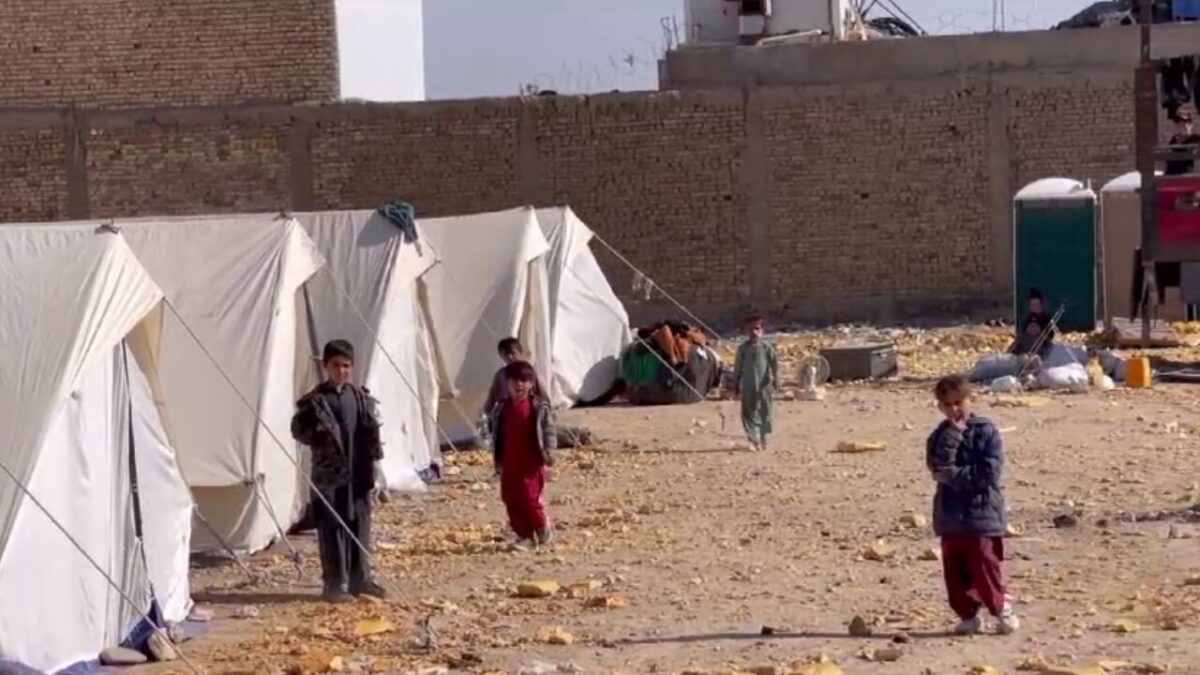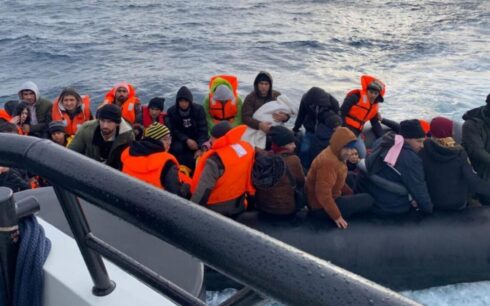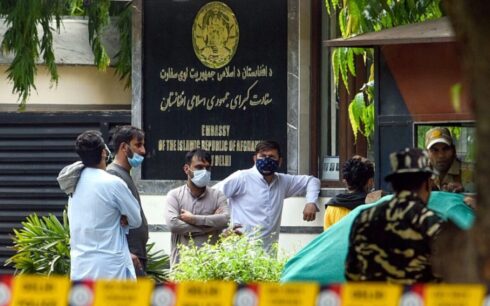HERAT, Afghanistan — Internally displaced people voiced their concerns about worsening economic conditions and a lack of access to essential services, including healthcare. Many attribute their displacement to unemployment and drought.
Migrants returning from Pakistan also report insufficient basic living facilities in Afghanistan. Sarfaraz, from Badghis province, relocated to Herat province due to the harsh economic conditions and drought. She now resides on the outskirts of Herat city and suffers from an eye disease. Despite her worsening vision, she cannot afford medical treatment.
“For two years now, my eyes have been deteriorating. I can only see things up close. I cannot go to the city because I do not have money,” Sarfaraz said. “We have nothing. We are migrants. There is no clinic around us, and even if there were, it wouldn’t provide proper treatment.”
Widespread poverty and unemployment have forced many residents from Ghor province to seek refuge in larger cities like Herat. Displaced individuals from Ghor report severe deprivation of basic necessities.
“I do not have money to go to the city. There is no clinic here. There is nothing,” said Laila, a resident of Ghor.
“When I go to the clinic, they do not give me medicine. They do not give me anything. I am ill… there is nothing, no clinic,” added Zahra, another displaced person.
Returnees from Pakistan are also struggling with unemployment as they attempt to rebuild their lives in Afghanistan. The United Nations reports that more than half a million migrants have returned to Afghanistan from Pakistan since last October.
“We live here, but there is no work or business, no life. We have not received assistance, and our lives are difficult. We are in a bad state,” said Abdul Jabbar, a returnee from Pakistan.
Both internal displaced people and returnee migrants in Afghanistan continue to suffer from pervasive poverty. Many blame the Taliban for failing to address the crisis.
A recent report revealed that Afghanistan has 6.3 million displaced citizens, making it the country with the sixth-highest number of displaced persons in the world.





